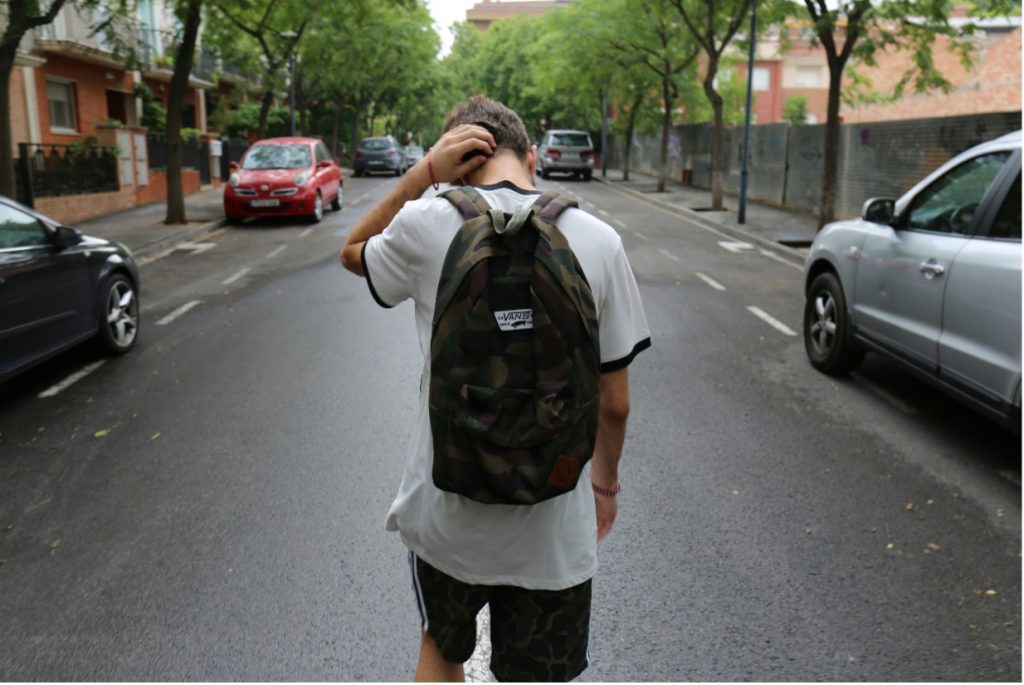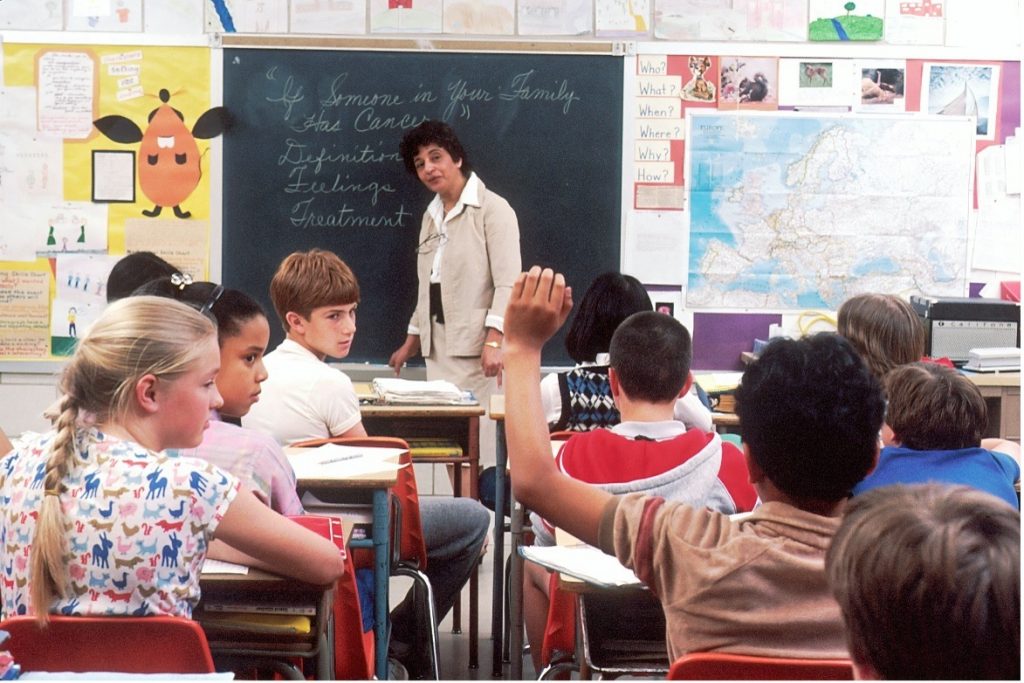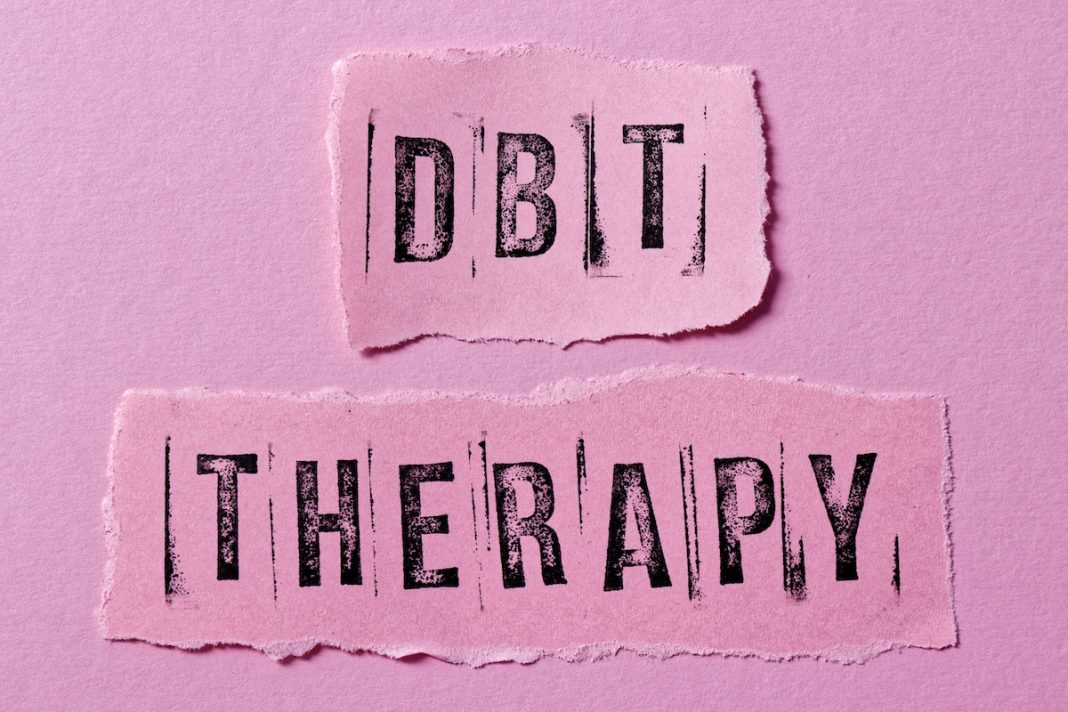In the UK, the number of young people aged 5 to 16 who have experienced a mental health problem is staggeringly high (NHS Digital, 2020), with just over 20% of children needing mental health support (NCSR, 2023). Young adolescents represent a vulnerable group for the onset of a long-term disability (Solmi et al., 2021). Presently, there is an inescapable need to provide the necessary support for this population. One strategy for a wide outreach is implementing universal preventative interventions in schools. The overall evidence to date for universal interventions is however varied at best (Cipriano et al 2023) and some studies have actually shown it to be detrimental to mental health (Montero-Marin et al 2022, Sanchez et al 2018).
Such interventions address the risk factors that underlie some common mental health disorders (Nehmy & Wade, 2014). For instance, difficulty regulating emotions is a well-documented risk for internalising disorders (Cole & Diaz, 2024). However, many approaches have focused on single emotion regulation strategies (e.g., only mindfulness), which can have limited value when used in isolation (Burckhardt et al., 2018). Meanwhile, dialectical behaviour therapy (DBT) aims to equip one with multiple strategies, which can be tailored to different contexts and emotional intensity (Linehan et al., 1991).
One aspect of DBT – group skills training – can be delivered in a classroom. Several studies indicate that 20-30-session DBT-based programs may lower emotion dysregulation (Martinez Jr et al., 2022) and improve internalising difficulties (Flynn et al., 2018). However, others find no significant benefits (e.g., Burckhardt et al., 2018). Additionally, the length of such interventions calls for more feasible alternatives that can be implemented in a school term.
To look into these issues, Harvey et al. (2023) set out to examine an 8-session, DBT-based universal intervention called WISE Teens and its impact on the emotional and social well-being of young adolescents in Australia. The researchers also assessed the role of “homework”, i.e., engaging in learnt skills at home, in improving the intervention outcomes and helping generalise the gained skills. The findings call for a deeper understanding of DBT-based approaches in school settings.

DBT-based approaches, in theory, could equip children with a toolkit for emotional and social well-being.
Methods
The initial proposal was for an RCT but to get over the required 1000 participants they needed to conform to the school’s timetables and exams etc. This meant that random allocation wasn’t possible with school allocation of classes within year groups being allocated instead.
Four Australian schools participated in the study. Students were allocated to either intervention or control groups based on their year and both groups were assessed at baseline, immediately post-intervention, and at a 6-month follow-up.
WISE Teens
- 8 weekly sessions, each lasting 50-60 minutes.
- Content: mindfulness, emotion regulation, distress tolerance, interpersonal effectiveness.
- Session structure: class mindfulness – revision – new content – homework.
Control group
- The usual Health and Physical Education class (matched for length and frequency).
- Content included: bodily changes during puberty, nutrition, cyber safety, drug education, and managing risks.
The measures were self-report scales, for which the authors report good internal consistency and good-to-excellent reliability. The scales assessed:
- depression
- anxiety
- life quality
- academic resilience
- quality of parent-child relationships
- emotion awareness and
- regulation
To examine “home practice”, children were asked to indicate how often they have implemented the learnt skill during the week. Finally, the intervention group also rated how much they enjoyed the intervention out of 10 and had an opportunity to provide feedback on potential improvements.
Results
Participants were 1,071 students from Year 8 and 9 (mean age 13), predominantly from high socio-economic status (SES) areas (98.7%). The retention rates were 72% or above across both groups and all assessment points. There was a significant under-representation of males in the post-intervention assessment, likely due to a religious holiday in one of the schools (single-sex male).
The findings, overall, indicated that the WISE Teens group (n=563) had a statistically significant deterioration in emotional and social wellbeing compared to the control group. For instance, the intervention group had:
- Poorer emotional regulation (χ2 (1, 681) = 7.08, p = .01)
- Increase in depression (t (2598.99) = −4.65, p< .001; d = −0.22; 95% CI = −0.35 to −0.08)
- Increase in anxiety (t (2590.65) = −5.89, p < .001; d = −0.28; 95% CI = −0.41 to −0.14)
- Increased emotion dysregulation (t (2307.49) = −4.03, p < .001; d = −0.19; 95% CI = −0.33 to −0.05)
- lower emotional awareness (t (2506.21) = 2.60, p = .01; d = 0.12; 95% CI = 0.02 to 0.26)
- lower quality of life (t (2483.61) = 2.40, p = .02; d = 0.11; 95% CI = 0.03 to 0.25)
- Poorer mother-child relationship quality (t (1784.49) = 3.32, p= .001; d = 0.16; 95% CI = 0.01 to 0.31)
- Poorer father-child relationship quality (t (1585.36) = 3.24, p = .001; d = 0.17; 95% CI = 0.02 to 0.33) both immediately post-intervention and at 6-month follow-up
However, those adolescents who were more engaged with the homework (30% practised regularly) showed lower overall difficulties, better father-child relationship quality, and lower anxiety and depression.
In their feedback, adolescents highlighted the need for improving the intervention’s delivery and content. Overall, it appears that the intervention could be less formally structured, offering simpler explanations of the techniques that are relevant to their lives and feasible to master within the 8 weeks.

The WISE Teens intervention group had a deterioration in emotional and social well-being.
Conclusions
The WISE Teens intervention seems to harm adolescent well-being, hence, the authors do not recommend this intervention implementation in schools and further commenting that “These findings raise discussion as to the potential for iatrogenic harm from universal interventions“
These findings have pointed towards our gaps in understanding of what elements of DBT could be most useful for young teenage populations and how best to deliver them i.e. universal interventions vs targeted interventions.

The findings raise discussion as to the potential for iatrogenic harm from universal interventions.
Strengths and limitations
The metaphorical elephant in the room with this paper is that the study used non-randomised allocation to fit around the school curriculums and although there have been other studies where this has been done (Nehmy et al 2015) it does inherently reduce the quality of the results.
The authors acknowledge this and have added in some measures e.g. controlled for participant age, as one group was significantly older. Alignment with the school curriculum should be considered among practical limitations in future long-term school cohort studies.
Another limitation is the potential lack of generalisability of the findings to young populations with lower SES backgrounds. Also, though the groups were matched in course length, the content is arguably, strikingly different.
Lastly, this paper stands out for exploring the home practice. However, home practice measures relied on participant self-report, which may have been influenced by social desirability. Yet, it is intriguing to see that implementing the skills at home at least once per week was associated with more positive effects. This study opens up the avenue for further researching the role of home practice in the effects of school interventions.
The study does bear several strengths. Firstly, the research team consulted a senior clinical psychologist to ensure the content of WISE Teens was pertinent to adolescents. However, as seen in participant feedback, the content can be improved further to increase engagement and relevance. Future research could explore participant feedback in greater detail and balance it with specialists’ recommendations.
Another strength of this study is the good reliability of the scales, though some scales with reliability >.90 (e.g., Quality of Parent-Child Relationships) may indicate redundancies and should be shortened (Tavakol & Dennick, 2011).
Finally, Harvey and colleagues address the research gap by looking at a short-term intervention that provides young people with a repertoire of emotion regulation skills. This is a step forward towards developing and implementing an intervention in schools (just maybe not a universal one).

We have gaps in understanding of what elements of DBT could be most useful for young teenage populations.
Implications for practice
As the authors concluded, WISE Teens is not recommended as it seems to pose iatrogenic harm to young adolescents. However, as the robustness of this study was compromised due to implementation issues, we should be cautious about deciding against DBT-based interventions as a whole. Exploring the reasons behind the deterioration in well-being and carrying out a randomised controlled trial would help us clarify the utility of this intervention in schools. One potential reason is that children may have felt overwhelmed with the number of tasks for homework in the WISE Teens group. However, I would be curious to see if missing out on the usual class (e.g., learning about bodily changes) may worsen young people’s well-being, too.
Ultimately, the aim is to provide support that would be both effective and relevant to this population. The study briefly touched on the acceptability of the intervention, but it should be explored in detail in future studies. Importantly, young people should be part of the intervention development process, as it appears that despite collaboration with a clinical expert, WISE Teens was reported to be “somewhat interesting” (Harvey et al., 2023, p.7) and at times confusing. Researchers may focus on how to present the material in a way that makes it highly relevant to adolescents. Possibly, this would encourage greater home practice and overall greater positive gains from the intervention.
Lastly, this is one of the pioneering studies of the usefulness of multiple well-being strategies. However, children’s feedback indicated that the intervention may have included too many different topics, dedicating 2 sessions per each strategy. This presents a challenge for future research and school practice, as, ideally, the intervention would match the length of the school term. I agree with the authors that our enthusiasm for creating an intervention requires a matching research base and, to add to that, a close collaboration with the young people to base the interventions on their needs.

A balance is needed between the core principles of DBT and a feasible intervention in schools.
Statement of interests
No conflict of interest to disclose.
Links
Primary paper
Harvey LJ, White FA, Hunt C. et al (2023) Investigating the efficacy of a dialectical behaviour therapy-based universal intervention on adolescent social and emotional well-being outcomes. Behaviour Research and Therapy, 169.
Other references
A.L. Sanchez, D. Cornacchio, B. Poznanski, A.M. Golik, T. Chou, J.S. Comer. The effectiveness of school-based mental health services for elementary-aged children: A meta-analysis. Journal of the American Academy of Child and Adolescent Psychiatry, 57 (3) (2018), pp. 153-165
Burckhardt R, Manicavasagar V, Batterham PJ. et al (2017) Acceptance and commitment therapy universal prevention program for adolescents: a feasibility study. Child and Adolescent Psychiatry and Mental Health, 11, 1-10.
Children and young people’s mental health in 2023. National Centre for Social Research website. Last visited 5 July 2024.
Cipriano, C., Strambler, M. J., Naples, L., Ha, C., Kirk, M. A., Wood, M., Sehgal, K., Zieher, A. K., Eveleigh, A., McCarthy, M., Funaro, M., Ponnock, A., Chow, J. C., & Durlak, J. (2023). The state of the evidence for social and emotional learning: A contemporary meta-analysis of universal school-based SEL interventions. Child Development.
Cole E, Diaz A. (2024) Specific emotion regulation deficits differentiate and mediate the relationship between adverse childhood experiences and internalizing psychopathology. Journal of Affective Disorders Reports, 16, 100722.
Flynn D, Joyce M, Weihrauch M. et al (2018) Innovations in Practice: Dialectical behaviour therapy–skills training for emotional problem solving for adolescents (DBT STEPS‐A): evaluation of a pilot implementation in Irish post‐primary schools. Child and Adolescent Mental Health, 23(4), 376-380.
Linehan MM, Armstrong HE, Suarez A. et al (1991) Cognitive-behavioral treatment of chronically parasuicidal borderline patients. Archives of General Psychiatry, 48(12), 1060-1064.
Martinez Jr RR, Marraccini ME, Knotek SE. et al (2022) Effects of dialectical behavioral therapy skills training for emotional problem solving for adolescents (DBT STEPS-A) program of rural ninth-grade students. School Mental Health, 14(1), 165-178.
Mental Health of Children and Young People in England, 2020: Wave 1 follow up to the 2017 survey. NHS Digital website. Last accessed 5 July 2024.
Montero-Marin, J., Allwood, M., Ball, S., Crane, C., De Wilde, K., Hinze, V., & MYRIAD Team. (2022). School-based mindfulness training in early adolescence: What works, for whom and how in the MYRIAD trial? Evidence-Based Mental Health, 25, 117–124.
Nehmy TJ, Wade TD. (2015) Reducing the onset of negative affect in adolescents: Evaluation of a perfectionism program in a universal prevention setting. Behaviour Research and Therapy, 67, 55-63.
Solmi M, Raduà J, Olivola M. et al (2021) Age at onset of mental disorders worldwide: large-scale meta-analysis of 192 epidemiological studies. Molecular Psychiatry, 27(1), 281-295.
Tavakol M, Dennick R. (2011). Making sense of Cronbach’s alpha. International Journal of Medical Education, 2, 53-55.







